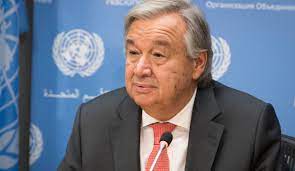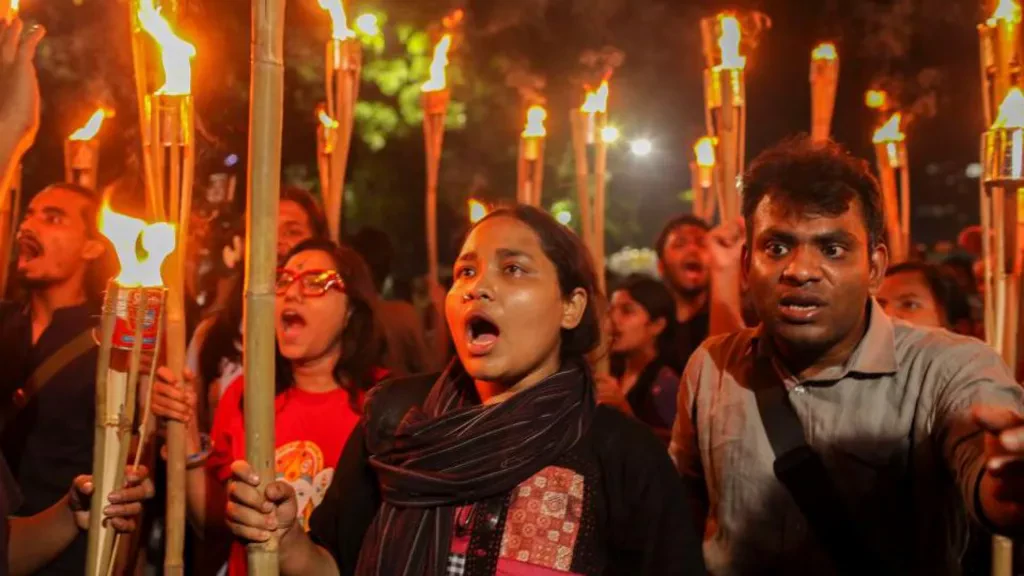UN chief urges protecting people's reproductive health rights

UNITED NATIONS, July 12: United Nations Secretary-General Antonio Guterres on Sunday called for efforts to protect people's reproductive health rights as the world marks the World Population Day, which falls on July 11 annually.
"As we mark World Population Day, let us pledge to ensure the reproductive health rights of everyone, everywhere," said the UN chief in his message for the international day.
"The COVID- 19 pandemic continues to upend our world, reaching one grim milestone after another. In addition to the millions of lives tragically lost, there has been a less visible toll: a shocking rise in domestic violence as women were forced into isolation with their abusers; empty maternity wards as women postponed motherhood; and unintended pregnancies due to curtailed access to contraceptive services," said the secretary-general.
"Our latest estimates indicate that COVID-19 will push 47 million women and girls into extreme poverty. Many girls who are out of school may never return," the top UN official continued.
"In every corner of the world, we are seeing a reversal of hard-won gains and an erosion of women's reproductive rights, choices and agency. With the onset of the pandemic, resources for sexual and reproductive health services were diverted," he said.
"These gaps in access to health rights are unacceptable. Women cannot be alone in this fight," the secretary-general added.
World Population Day is an annual event, observed on July 11 every year, which seeks to raise awareness of global population issues. The event was established by the Governing Council of the United Nations Development Programme in 1989. It was inspired by the public interest in Five Billion Day on July 11, 1987, the approximate date on which the world's population reached 5 billion people. World Population Day aims to increase people's awareness on various population issues such as the importance of family planning, gender equality, poverty, maternal health and human rights








Leave Comment